Fever grades
A normal body temperature in adults is approximately 98.6 °F, but may fluctuate depending on the time of day or what temperature reading method was used. While any temperature above your normal temperature range is considered a fever, there are different levels of fever severity.
Adult Fever Temperature Range Chart

Adults with a temperature of >98.6°F to 100.4°F are considered to have a low-grade fever. A temperature of 100.4°F to 102.2°F is considered a moderate-grade fever for adults. A high-grade fever for an adult is any temperature above 102.2°F.
*A temperature reading at or above 104°F is called hyperpyrexia and is considered a medical emergency requiring immediate care.
Signs & Symptoms of Fevers in Adults
Overheating
Chills
Achy muscles
Restlessness or Sleeplessness
Weakness
Sweating
Discomfort
Rash
Headache
Decreased appetite
What Causes a Fever in Adults?
A fever is your body’s natural defense against bacterial or viral infection, and is actually an indication that your immune system is doing its job. When you’re sick, your body temperature rises in an attempt to kill the temperature-sensitive bacteria causing the infection. Fevers are most commonly associated with colds & flu and will usually subside on their own within a few days.
Adult Fever Treatment: Tips for Managing Fevers
While most fevers are harmless, it’s important to know how to treat a fever. Talk to your doctor if you have any questions or concerns.
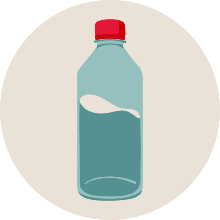
Fluids
Drinking plenty of water can not only prevent dehydration, but can also help lower your body temperature.
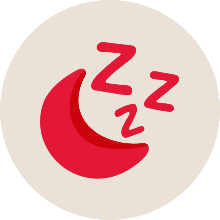
Rest
Your body is working on overdrive to fight off infection. Be sure to get plenty of sleep so you can recharge.
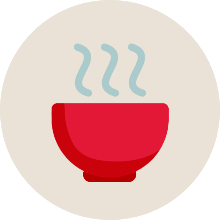
Light foods
Eat foods that are easy to digest, like crackers and soup. Avoid dairy products like milk and cheese.
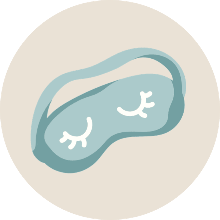
Cool compress
Apply a damp washcloth to your forehead to help lower your temperature.
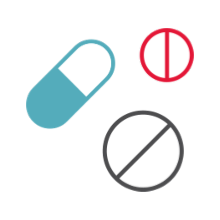
Pain relievers for infants & children
Relieving pain that can come from ear infections can be as simple as choosing an OTC pain reliever. These can be very effective in relieving pain and reducing fever. For infants and children, products like Infants’ TYLENOL® Oral Suspension Dye-Free and Children’s TYLENOL® Oral Suspension Dye-Free are options you can count on and safe when used as directed. Please talk to your pediatrician if these options are right for your child's ear pain. Note that if your child is under 2 years of age, you will need to ask the doctor for dosing information.
These medications contain acetaminophen, which can help alleviate head and body aches and lower your child’s temperature. Always follow the dosage instructions provided on the packaging or as directed by your healthcare provider.
